Depression: Uncovering the Darkness and Finding Light
Hey there, young explorers! Today, we’re going to embark on a journey into a topic that might feel a little heavy, but is so important to talk about – depression. Now, I know that might sound a bit scary or confusing, but don’t worry – we’re going to break it down together and shed some light on this often misunderstood subject.
First of all, let me ask you this: have you ever felt really sad or down, like nothing could cheer you up? Maybe you lost interest in things you used to love, or had trouble sleeping or eating. Those feelings are totally normal – everyone feels sad or upset sometimes! But for some people, those feelings can be so strong and last so long that it starts to interfere with their daily life. That’s when it might be depression.
What is Depression?
Depression is a mental health condition that affects the way people think, feel, and behave. It’s more than just feeling sad or having a bad day – it’s a persistent feeling of emptiness, hopelessness, or despair that can last for weeks, months, or even years.
People with depression might experience a range of symptoms, including:
- Persistent feelings of sadness, emptiness, or hopelessness
- Loss of interest in activities they used to enjoy
- Changes in appetite or weight
- Difficulty sleeping or sleeping too much
- Fatigue or lack of energy
- Difficulty concentrating or making decisions
- Feelings of worthlessness or guilt
- Thoughts of death or suicide
Now, it’s important to remember that everyone experiences depression differently. Some people might have all of these symptoms, while others might only have a few. And the severity of symptoms can vary from person to person, too.
Causes of Depression
So, what causes depression? The truth is, there’s no one single cause – it’s a complex interplay of genetic, biological, environmental, and psychological factors. Here are a few things that might contribute to the development of depression:
Genetics
Research suggests that depression can run in families, which means there may be a genetic component. If you have a parent or sibling with depression, you might be more likely to develop it yourself.
Brain Chemistry
Imbalances in certain brain chemicals, like serotonin and dopamine, have been linked to depression. These chemicals play a role in regulating mood and emotional responses, so when they’re out of balance, it can lead to symptoms of depression.
Life Experiences
Traumatic or stressful life experiences, like abuse, neglect, or the loss of a loved one, can also contribute to the development of depression. These experiences can change the way the brain processes emotions and stress, making people more vulnerable to depression.
Medical Conditions
Certain medical conditions, like chronic pain, heart disease, or cancer, can also increase the risk of developing depression. The stress and challenges of living with a chronic illness can take a toll on mental health.
Effective Treatments for Depression
Okay, so we know what depression is and what might cause it – but what can we do about it? The good news is, there are lots of effective treatments available! Here are a few of the most common ones:
Talk Therapy
Talk therapy, also known as psychotherapy, involves talking with a trained mental health professional about your thoughts, feelings, and experiences. There are different types of talk therapy, but they all aim to help people understand and manage their depression symptoms.
One type of talk therapy that’s particularly effective for depression is cognitive-behavioral therapy (CBT). CBT helps people identify and change negative thought patterns and behaviors that contribute to depression. For example, if someone with depression has the thought “I’m worthless and no one cares about me,” CBT can help them challenge that thought and replace it with a more realistic and positive one, like “I have value and people do care about me, even if I don’t always feel that way.”
Medication
In some cases, medication can be helpful for managing depression symptoms. There are several different types of medication that can be used, including antidepressants. These medications work by changing the levels of certain brain chemicals, like serotonin and dopamine, which can help reduce depression symptoms.
It’s important to note that medication isn’t right for everyone, and it can take some trial and error to find the right medication and dosage. That’s why it’s so important to work closely with a mental health professional when considering medication for depression.
Lifestyle Changes
In addition to therapy and medication, there are also some lifestyle changes that can help manage depression symptoms. These might include:
- Getting regular exercise
- Eating a healthy, balanced diet
- Getting enough sleep
- Practicing relaxation techniques, like deep breathing or meditation
- Connecting with friends and family for support
- Engaging in activities that bring joy and meaning
The Importance of Self-Care
When you’re dealing with depression, it can be easy to neglect your own needs and well-being. But self-care is so important for managing depression symptoms and promoting overall health and happiness.
Self-care means taking intentional steps to take care of your physical, emotional, and mental health. It might include things like:
- Taking breaks when you need them
- Setting boundaries with others
- Practicing good hygiene and self-care routines
- Engaging in hobbies or activities that bring you joy
- Seeking support from loved ones or a mental health professional
Remember, self-care isn’t selfish – it’s a necessary part of taking care of yourself and managing your depression.
Breaking the Stigma
One of the biggest challenges in dealing with depression is the stigma that still surrounds mental health issues. Many people feel ashamed or embarrassed to talk about their depression, or worry that others will judge them or think less of them.
But here’s the thing: depression is a real and serious medical condition, just like any other illness. It’s not a sign of weakness or a personal failing – it’s a result of complex biological, psychological, and environmental factors that are beyond anyone’s control.
That’s why it’s so important to break the stigma surrounding depression and other mental health issues. By talking openly and honestly about our experiences, we can help others feel less alone and more empowered to seek help when they need it.
So, if you or someone you know is struggling with depression, don’t be afraid to reach out for support. Talk to a trusted adult, like a parent, teacher, or counselor. Seek help from a mental health professional. And remember, you are not alone – there are people who care about you and want to help you through this difficult time.
Finding Light in the Darkness
Dealing with depression can feel like being lost in a dark and scary place. But even in the darkest of times, there is always hope and the possibility of finding light.
Recovery from depression is possible, and there are so many people and resources available to support you on your journey. With the right treatment, self-care, and support, you can start to feel better and regain a sense of joy and purpose in your life.
It might not happen overnight, and there may be setbacks and challenges along the way. But by taking things one day at a time, celebrating small victories, and leaning on the support of loved ones and professionals, you can gradually find your way out of the darkness and into the light.
Putting It All Together
Phew, that was a lot of heavy stuff! But I hope you’re feeling more informed and empowered to take charge of your mental health. Remember, depression is a real and serious condition, but it is treatable – and there are lots of people and resources available to support you.
Here are a few key takeaways:
- Depression is a mental health condition that affects the way people think, feel, and behave.
- Depression is caused by a complex interplay of genetic, biological, environmental, and psychological factors.
- Effective treatments for depression include talk therapy, medication, and lifestyle changes.
- Self-care is an important part of managing depression symptoms and promoting overall health and happiness.
- Breaking the stigma surrounding mental health issues is crucial for helping people feel more comfortable seeking help and support.
- Recovery from depression is possible, and there is always hope and the possibility of finding light in the darkness.
So, what can you do if you or someone you know is struggling with depression? Here are a few ideas:
- Talk to a trusted adult, like a parent, teacher, or counselor. They can help you figure out what’s going on and connect you with the right resources.
- Practice self-care activities, like getting enough sleep, eating well, and engaging in activities that bring you joy.
- Seek professional help from a mental health provider, like a therapist or counselor.
- Reach out to friends and family for support and connection.
- Remember that you are not alone, and that there are people who care about you and want to help you through this difficult time.
Dealing with depression can be a long and challenging journey, but with the right support and resources, it is possible to find your way out of the darkness and into the light. So don’t give up hope – keep taking things one day at a time, and know that brighter days are ahead.
You’ve got this




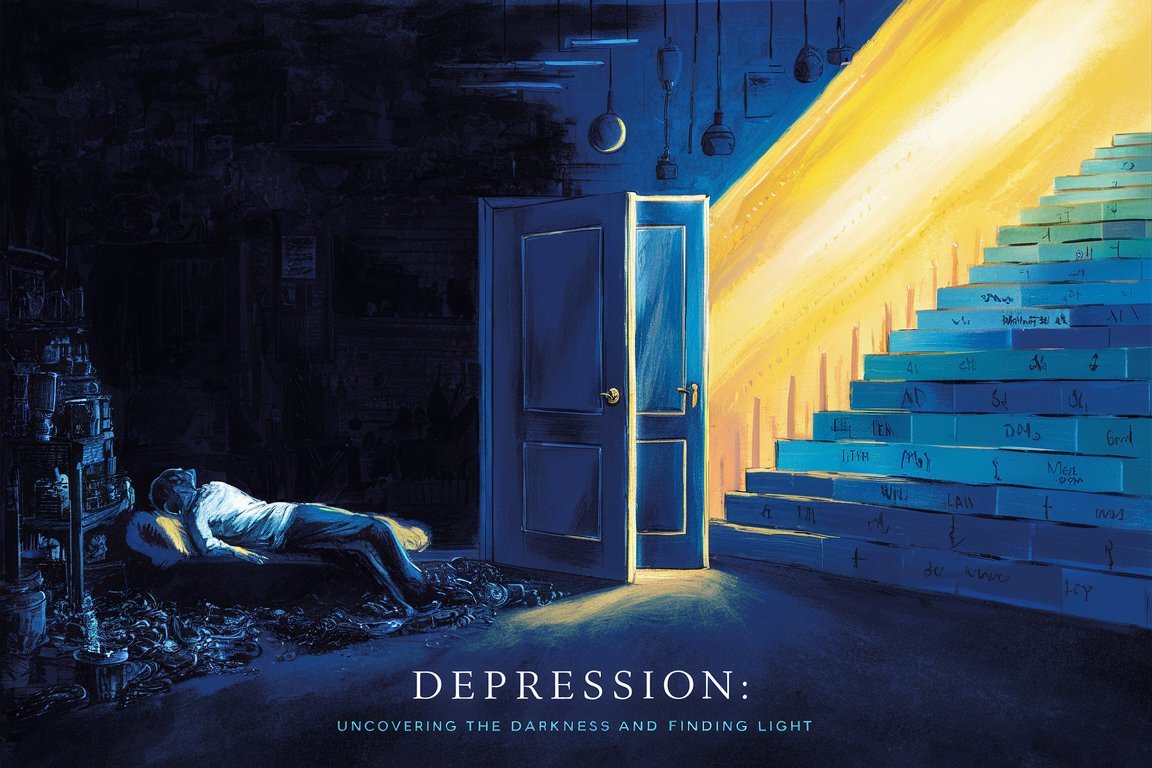
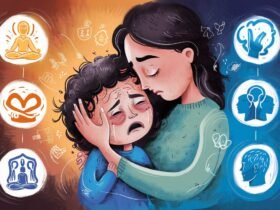



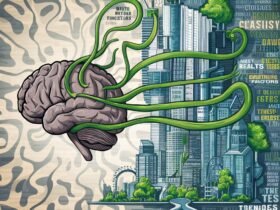
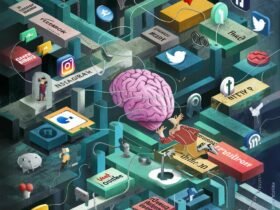
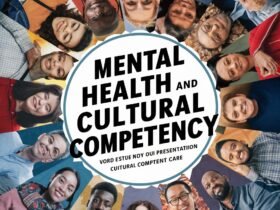
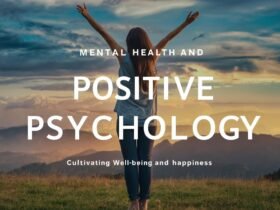
Leave a Reply